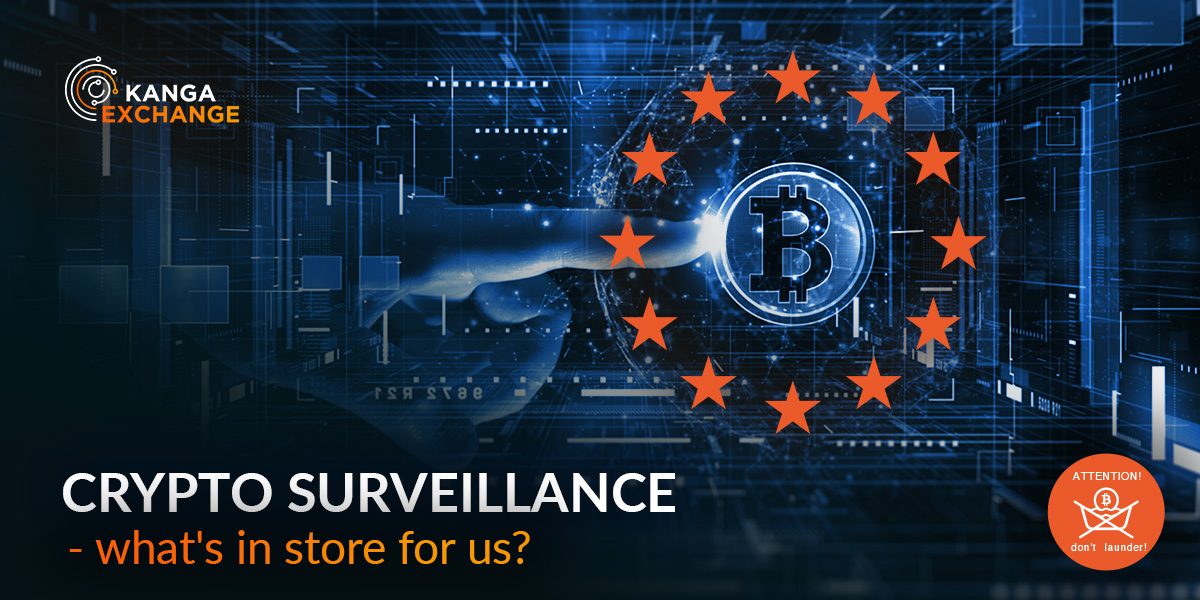The first EU rules concerning the supervision of crypto assets are being enacted

Written by
Kanga
Published on
Work is underway to extend the AML guidelines package.
These new regulations will affect Bitcoin as well as other cryptocurrencies in accordance with the guidelines of the “travel rule”. Just like the cash flow today, disposing of crypto assets will require a disclosure of information about both the sender and the beneficiary of the transfer. There will be no exceptions to this rule. All the transfers, even those to the amount of as little as 1 euro, will require the collection and confirmation of the required information by the service providers (in the act known as CASPs: Crypto-Assets Service Providers). Those entities will be liable to verify if the sender is not registered on a blacklist of sanctioned or terrorist-related entities. This list is to be created as part of the rules included in the MiCA (Markets in Crypto Assets) regulations.
What is more, the un-hosted wallets will be subject to new regulations. All transactions exceeding the amount of 1000 euro will trigger checks aiming to establish whether the owners are legitimate and whether they are actually in the possession of the amount) The rules will not be applicable to transactions between private persons (without the use of intermediaries, i.e. the stock exchange, which means that Kanga Locals will continue to operate legally) or service providers entering into mutual transactions using their funds (i.e. the flows between exchanges and/or institutions will not be regulated).
The next legislative steps have already begun – the EU Parliament, the EU Commission and the Council of the EU are currently working on technical aspects of the document. Once the draft is ready, the proposal will then have to be approved by three Committees and finally by the Parliament itself.
Although we are only discussing the draft proposal, even at this stage it is worth addressing two important issues:
1. The obligation of inspection and registration is imposed on service providers, which will generate additional (considerable) costs for them. This may discourage global players from operating in the EU. We should bear in mind that although 450 million people live in the EU, is not really much on a global scale, so bigger players can simply bypass our region in order to avoid meandering in difficult and complex formalities.
2. The legislator leaves a huge gap between criminals, terrorists and unhosted wallets. Why should annyone in between be subjected to special scrutiny and prove their innocence first? After all, is it not up to the law enforcement to detect criminals?
A recent quote from one of the opinion makers, Ernest Ultrasun, speaks volumes: “This regulation introduces one of the most ambitious travel rules for transfers of crypto assets in the world. We hope other jurisdictions will follow the ambitious and rigorous approach the co-legislators agreed today. “
This begs the question whether it is all about the security of the Europeans or rather about the ambitions of the legislators. We are getting rid of the problem by getting rid of the entire innovation brought by blockchain technology and by doing so we are condemning the EU to drag far behind as far as crypto assets transfers are concerned.
Aleksander Sucharda
for Kanga Exchange